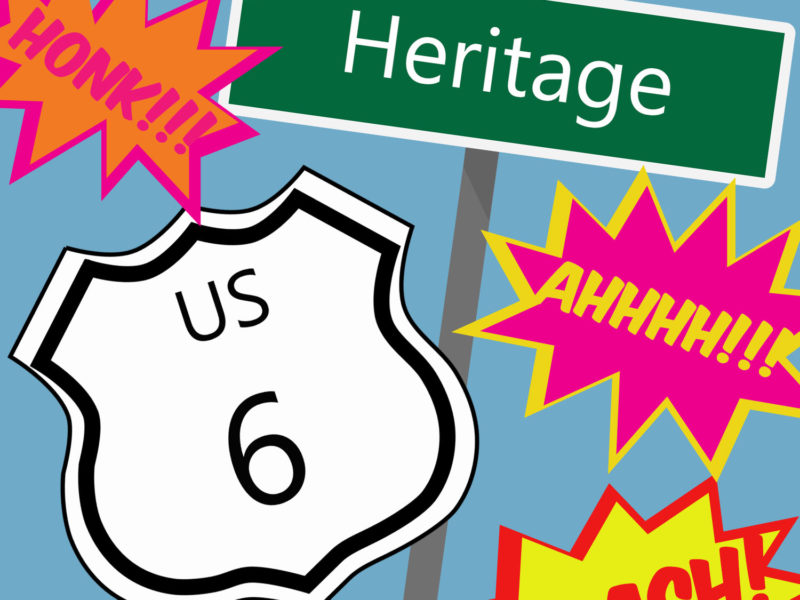This year marks the first big election year I have participated in. My parents mailed in my ballot from Washington, and, along with voting for president for the first time, I also voted on key issues presented on the Washington ballot. For instance, Initiative 1433 proposed to raise the state’s minimum wage to $13.50 an hour by 2020.
This accommodates for the incredibly high cost of living in Washington, where the average rent of an apartment is over $2,000 before high food prices and transportation costs.
Seattle proposed a minimum wage increase to $15.00 an hour in 2014, and the bill was passed, giving Seattle the highest minimum wage in the nation as of 2014. The minimum wage of the city of Seattle is currently $13.00 per hour. The city of SeaTac, home of Washington’s SeaTac International Airport, has already increased its minimum wage to $15.00 per hour as of April 1st, 2015. It is one of the first cities to do so in the nation.
Thirteen other states have similar initiatives, including New York, California, Texas, and Colorado.
Colorado’s proposal to raise minimum wages is Amendment 70, which would raise the state’s minimum wage from $8.31 to $12.00 per hour by 2020. It would also increase from $5.21 to $8.90 per hour for tipped workers.
There is no doubt that passing Amendment 70 would affect many students at Mines.
According to a study from the Bell Policy Center, about 420,000 workers (19 percent of Colorado’s population) would receive a significant wage hike. 86 percent of those benefitting would be older than 20, 45 percent with at least some college education.
There are, however, concerns that the raise would damage the restaurant industry and untrained workers, as well as cause a rise in prices of goods and services. It also has the potential to hurt college students.
“The steeper pay would also likely lock out teenagers and college kids at many restaurants and small businesses,” writes the Denver Post Editorial Board, “as owners forced to pay artificially high rates for their lowest-skilled employees won’t be as willing to risk untested workers.”
Whether in Washington, Colorado, Texas, or any other of the fourteen states that have minimum wage increase initiatives on their ballots this election, the outcome will greatly affect college students at Mines, and every other college in the nation.




'Discussing the Impacts of Raising Minimum Wages Across the Nation' has no comments
Be the first to comment this post!